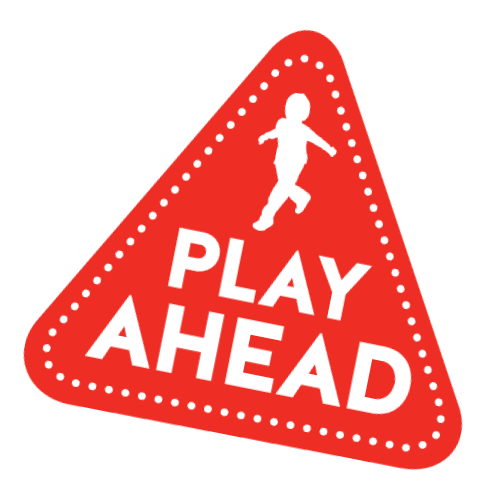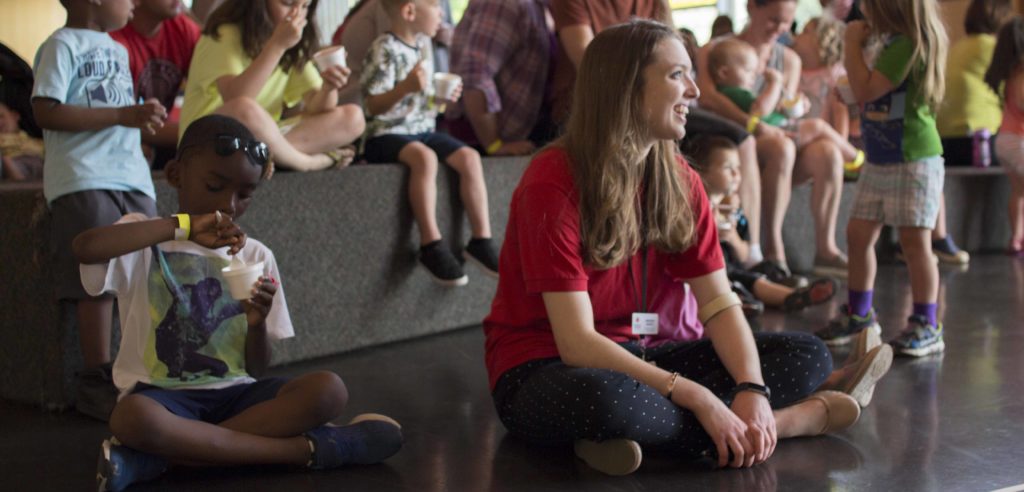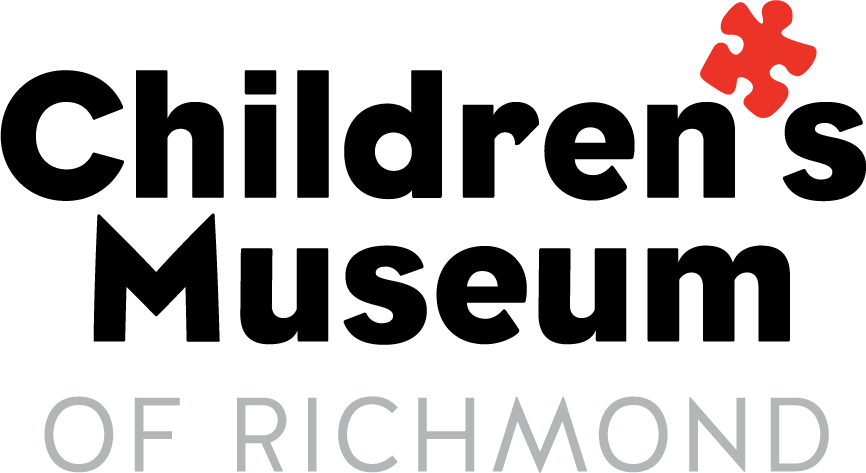Play Ahead – Preschool
This information sheet is intended to suggest psychological, physical, social and emotional behaviors often identified with the preschool years. It is important to remember that each child is unique and develops skills at his or her own rate. Concerns regarding your child’s growth and development are best addressed by your family doctor. The Typical Two-Year…
Published on March 26, 2020

This information sheet is intended to suggest psychological, physical, social and emotional behaviors often identified with the preschool years. It is important to remember that each child is unique and develops skills at his or her own rate. Concerns regarding your child’s growth and development are best addressed by your family doctor.

The Typical Two-Year Old
Children at two still demonstrate some “out of sight, out of mind” behavior. They are building on their simple memory of previous situations. They may:
• Begin talking in short, incomplete sentences (“Want juice.”
“Car go.”)
• Understand (but not use) 200-300 words
• Give their full name when asked
• Begin to follow three-step directions
• Begin to understand how one thing can lead to another
Emotionally, the two-year old thrives on familiar routines and people, and at times can resist and become stubborn when too much change is asked. They have a short memory for rules.
They may:
• Have a difficult time sharing things or taking turns
• Throw tantrums when they are tired
• Tend to be bossy and demanding
• Try to be independent but sometimes ask for help
• Say “no” to almost everything when they often mean “yes”
• Often use words such as “I” and “Mine”
Physically, two-year olds have a lot of energy but short attention spans. They are curious and can’t sit still for very long. They may:
• Not stop until they drop
• Like to touch everything
• Jump in place with both feet
• Walk fairly well
• Catch a large ball
• Walk up and down stairs with one hand held
• Enjoy using crayons to scribble on paper
The Typical Three-Year Old
Children at three are learning language very quickly and love using new words. They begin to use sentences using several words.
They may:
• Talk about things that happened or make up stories
• Listen when they are spoken to
• Remember songs and rhymes
• Make requests, comments, and tell others what to do
Emotionally, three-year olds have a strong need for approval. They may:
• Become much more cooperative and want to please others
• Have more control over their desires and be more patient
• Share and wait their turn
• Join in group social play
• Enjoy dress-up and make believe play
• Eat better and be less picky about foods
Physically, three-year olds are getting better using their hands and fingers (fine motor skills). They have more balance and better control of their bodies. They may:
• Begin to use scissors
• Begin with dressing and using zippers and snaps
• Balance or hop on one foot for a few seconds
The Typical Four-Year Old
Children at four are developing strong word skills. They are able to use complete sentences and enjoy silly words and jokes. They may:
• Talk about feelings and school or home experiences
• Sometimes get confused about what is real and what is fantasy
Emotionally, four-year olds are very social. They may:
• Become more cooperative and want to please adults
• Prefer to be with other children rather than adults
• Develop more serious and longer-lasting friendships
• Play and understand games with simple rules
• Tend to be boastful and like to exaggerate
Physically, children at four enjoy noisy outdoor play and need lots of exercise. Balance and coordination are greatly improved. They may:
• Often be hungry and begin to feed themselves more often
• Hop on one foot
• Learn to skip
• Show signs of stress by nail-biting or thumb-sucking
• Like to climb
• Draw simple shapes and people with several body parts
• Think they no longer need naps, but often a naptime or rest routine is still necessary
Exciting change takes place during the preschool years as children begin to leave babyhood behind. All of these normal growth patterns prepare the preschool child to leave home for longer periods of time, to enjoy the company of other children more and more, and to delight in and enjoy learning new things. As preschoolers become more and more independent, they need their parents more than ever to help them feel safe and secure and to be there to guide them as they take those first brave steps toward growing up.
